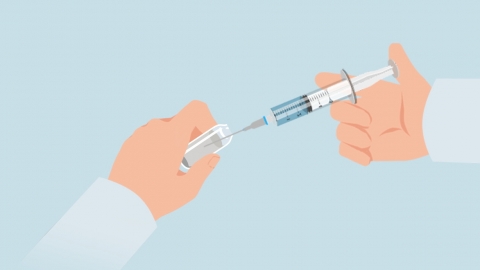Is it better to use anesthesia or not for a dilation and curettage (D&C)?
Generally, whether anesthesia is used during a dilation and curettage (D&C) procedure depends on individual circumstances. Patients who are sensitive to pain or prone to anxiety are advised to receive anesthesia, while those with high pain tolerance or who wish to avoid the risks associated with anesthesia may choose to proceed without it. The specific considerations are as follows:

D&C procedures performed with anesthesia typically use intravenous sedation, which eliminates pain perception during surgery and effectively reduces psychological fear. This approach allows patients to undergo the procedure in a stable condition, minimizing surgical risks caused by involuntary movements due to pain. However, some patients may experience temporary side effects such as dizziness or nausea afterward, and there is a risk of allergic reactions to anesthesia.
For D&C procedures performed without anesthesia, patients will experience noticeable abdominal pain and a sensation of heaviness, requiring high physical and mental endurance. However, this method avoids anesthesia-related risks, enables faster postoperative recovery, and is more cost-effective. It is suitable for patients with strong pain tolerance, good baseline health, and a clear understanding of the surgical process.
After a D&C procedure, patients should rest in bed for 1–2 days and avoid physical exertion and exposure to cold. Maintain genital hygiene and frequently change sanitary products. Sexual intercourse and tub baths should be avoided for one month after surgery. Nutritionally, increase intake of protein and vitamins to support quicker recovery.




